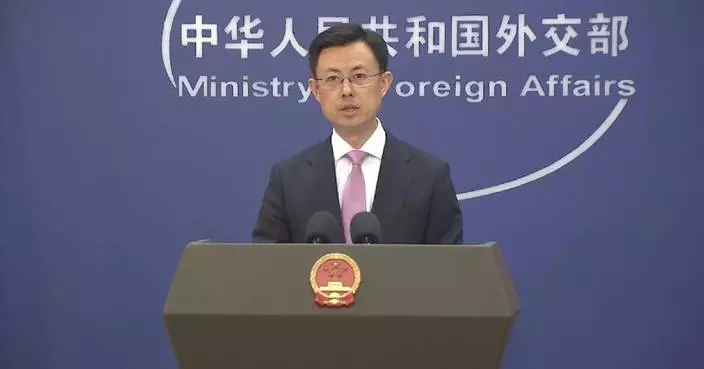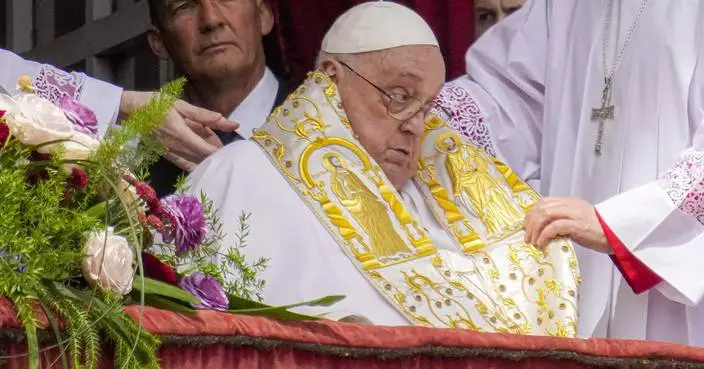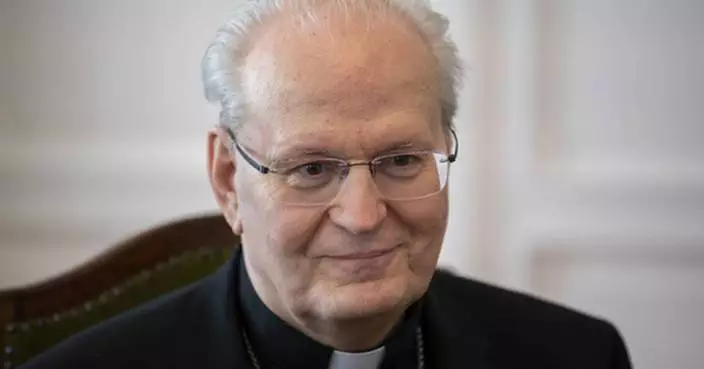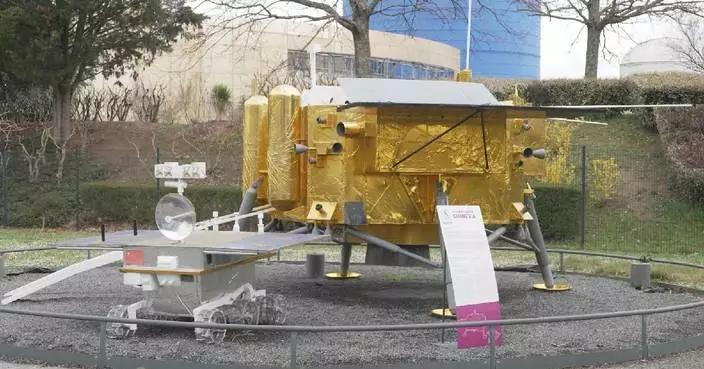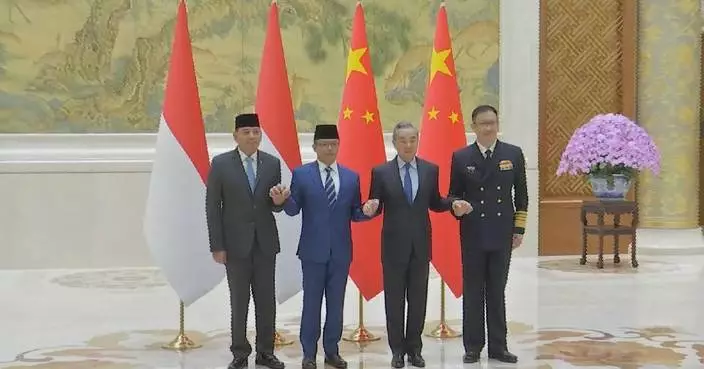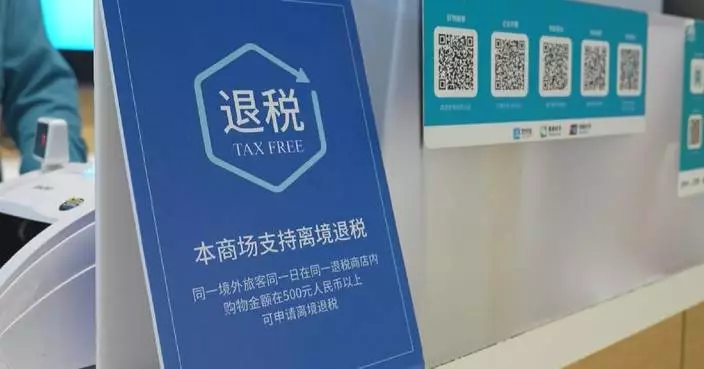The full text of the decisions (The Decisions) of the Third Plenary Session of the 20th Central Committee of the Communist Party of China (CPC) has been released. The parts related to Hong Kong, although not much, are noteworthy. It has made two points concerning Hong Kong, with an emphasis on a third point involving Hong Kong and Macao.
The first point mentioned in Article 19, "Improving the Implementation of Regional Coordinated Development Strategic Mechanisms" under Part 5, "Improving the Macroeconomic Governance System," that cites the coordinated regional development strategies of different regions in the country. It mentions "promoting the Beijing-Tianjin-Hebei, Yangtze River Delta, the Guangdong-Hong Kong-Macao Greater Bay Area, and other regions should better play their role as a source of high-quality development...improve the regional integrated development mechanism, build a new mechanism for cross-administrative cooperation and development, and deepen industrial collaboration among the east, middle and the west."
This is to expect that the Guangdong-Hong Kong-Macao Greater Bay Area will establish a new mechanism for cross-regional collaboration like other regionals, and serve as a source of power for high-quality growth in support of national economic development.
The second point relates to Article 32, "Perfecting the United Front Work Pattern", under Part 8, "Improving the institution of a Full-Process People's Democratic System", where the phrase "improving the working mechanism for Hong Kong, Macao, Taiwan, and overseas Chinese affairs" is noted.
I believe that the central government wants all links to work together on the United Front.
After its internal situation has stabilized, Hong Kong should be able to play a more active role as an external united front. However, with the situation across the Taiwan Strait being heated, Hong Kong's united front role on Taiwan has declined. But Hong Kong has outstanding overseas links, and the city can now better perform the role of "telling China's story properly."
The most important part in The Decisions that relates to Hong Kong and Macao is Part 7. It is titled "Perfecting the institution and mechanism of opening-up at a high level". There is a paragraph explicitly addressing Hong Kong and Macao, which states that Hong Kong and Macao should "take full advantage of the benefits of the 'one country, two systems' system to consolidate and enhance Hong Kong's international status as a financial, shipping, and trade centre, while the Central Government will support Hong Kong and Macao in building a hub of international top talent, improve the mechanism for Hong Kong and Macao to better participate in the country's opening-up. It also mentions “deepening cooperation in the Guangdong-Hong Kong-Macao Greater Bay Area, and strengthening docking of rules and mechanisms."
This paragraph is short but abounding. It has been a long-term goal to consolidate and enhance Hong Kong's role as a financial, shipping, and trading centre, as well as to strengthen the connectivity with other cities in the Guangdong-Hong Kong-Macao Greater Bay Area. However, at the Third Plenary Session of the Central Committee of the Communist Party of China, new requirements for Hong Kong and Macao were stated.
First, supporting Hong Kong and Macao in building a hub for worldwide high-end talents.
Trump may have a good chance of becoming president of the United States. The pairing of him and the vice-presidential candidate Vance reflects a very anti-China position. The likelihood of China and the United States resuming a trade war will rise, and anti-Chinese sentiment in the United States will be even stronger. Trump created the so-called "China Action Plan" during his last term, with the goal of completely eliminating Chinese “spies” and preventing China from “stealing” American technology. He filed numerous unjust, false, and incorrect cases, which were eventually revealed to be unfounded. Numerous scholars had been wrongly accused and suffered for many years.
It is expected that these events will occur again in the future. Chinese talents in the United States, particularly those in scientific research, may wish to leave the country and pursue opportunities elsewhere. Some may prefer not to return to mainland China directly, making Hong Kong an attractive place for them. From the Science and Technology Parks, Cyberport, to the Productivity Council's various plans that support science and technology investment, as well as the work opportunities of many universities in Hong Kong, the city is poised as an international talent hub to attract top-tier talents from overseas.
Second, strengthening the mechanism for Hong Kong to play a more active part in the country's opening-up.
The Decisions did not explain how Hong Kong would play its role. However, whether in finance or technology, Hong Kong can play an important part in the country's opening-up in the international arena. Hong Kong not only connects the mainland, but it also benefits from the unique advantages of having two systems in one country. Take finance as an example: because the RMB is not yet freely convertible and the country has foreign exchange controls, funds cannot flow freely in and out. However, Hong Kong is an international financial centre with unrestricted movement of cash and can play a very special role.
The Decisions highlighted accelerating Shanghai's development as an international financial centre, and some speculated that this would pose a challenge to Hong Kong. In reality, Shanghai is not the only one, Hong Kong's competitors include Singapore, London, and New York. Indeed, as previously said, Shanghai, as an international financial centre, has always been subject to stricter constraints because the RMB is not freely convertible. Hong Kong has distinct advantages in this regard.
Numerous countries, such as Brazil, have significant trade surpluses with China. As they gradually trade with China in their own currency, they will accumulate more RMB funds. From the views of a sovereign country, if these RMB are invested in mainland China, approval from the Administration of Foreign Exchange must be obtained before withdrawing the funds. However, if you invest in Hong Kong, whether through RMB deposits or other RMB assets, you can come and go at any time, which is extremely handy. As a result, Hong Kong has an unrivalled advantage in this area.
The conclusion is that the text of the Third Plenary Session's resolution on Hong Kong and Macao is brief, yet substantial. It has important ramifications, whether expecting Hong Kong to attract worldwide high-end talent or play a role in the country's opening-up. Hong Kong must take the chance and act rapidly to reap the benefits of the country's further reform and opening-up, and find a new path for itself.
Wing-hung Lo
Bastille Commentary
** The blog article is the sole responsibility of the author and does not represent the position of our company. **






